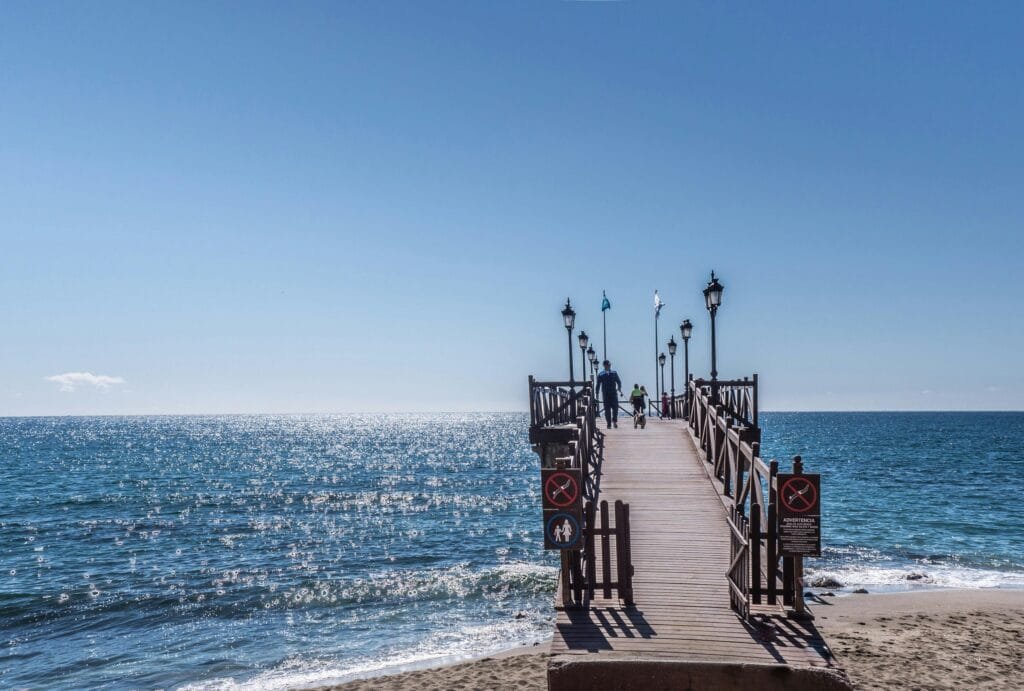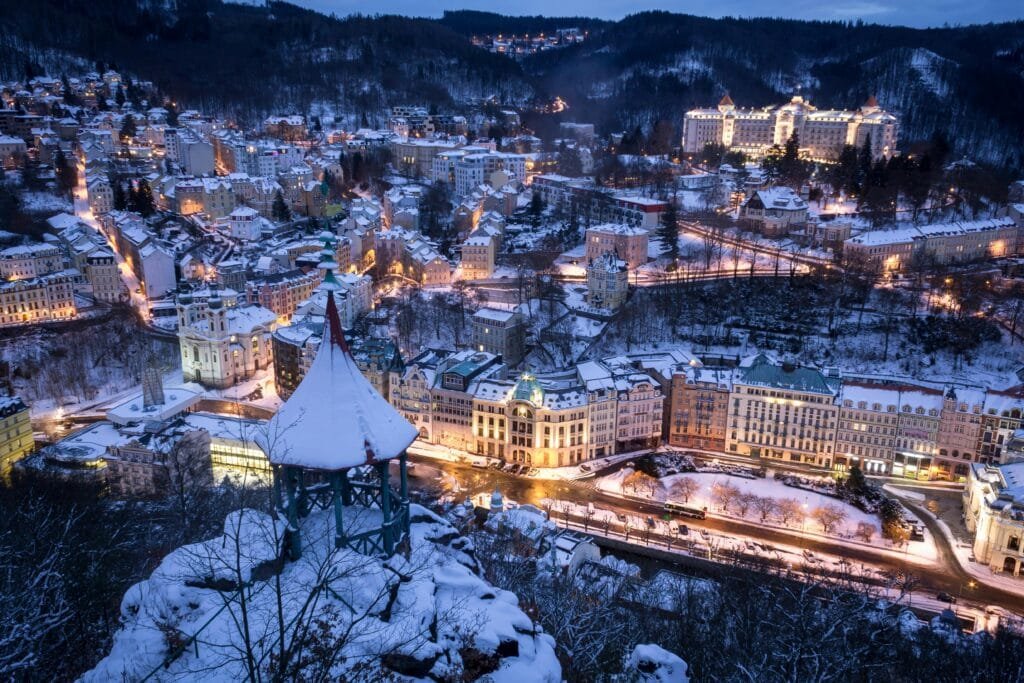
Geography and Nature
Sicily is a diverse and surprising island offering both stunning beaches and majestic mountains. To the north, you’ll find the Madonie and Nebrodi mountains, while in the southeast, there’s Mount Etna, the largest active volcano in Europe and one of the most active in the world. This natural monument not only provides breathtaking views but also opportunities for hiking, climbing, and other outdoor activities.

Surrounded by the Mediterranean Sea, Sicily boasts beautiful coastlines with sandy beaches and dramatic cliffs. The eastern part of the island is home to the city of Catania and a bay with sandy beaches, while the western area around Trapani and the San Vito Lo Capo bay is ideal for nature lovers and water sports enthusiasts.
History and Culture
Sicily’s history spans thousands of years and is rich with diverse cultural influences. The island was settled in ancient times, with the Phoenicians among the earliest civilizations. It later came under Greek rule, becoming home to city-states such as Syracuse, one of the most significant cities in the ancient Mediterranean. The Romans took control of Sicily in 241 BCE, making it one of the most important provinces of the Roman Empire.
After the fall of Rome, the island experienced various phases of rule, including Arab and Norman dominations. Each of these civilizations brought new cultural, architectural, and religious elements, creating the diverse cultural mosaic that defines Sicily today. Arab-style architecture, Gothic and Renaissance influences, Baroque churches, and Norman castles are all part of everyday life on the island.
Language and Traditions

Sicily has its own identity, reflected in its language. While Italian is the official language, the Sicilian dialect is widely spoken and is heavily influenced by Arabic, Greek, and Spanish. This language is a significant part of the island’s cultural heritage and is still used in daily life, varying by region.
Sicilian culture is strongly tied to traditions, folklore, and religious festivities. Sicilians are known for their hospitality and strong family ties. Many towns and villages host traditional festivals and processions during various religious holidays, such as Easter, patron saints’ feasts, or carnivals.
Gastronomy
Sicily is a paradise for food lovers. Its cuisine is a blend of various cultural influences, including Arabic, Italian, Spanish, and Greek. Popular Sicilian dishes include arancini (fried rice balls filled with meat or cheese), caponata (a cold salad made from eggplant, tomatoes, capers, and olives), and cannoli (traditional Sicilian pastries filled with sweet ricotta cream). Local wines like Nero d’Avola and Cerasuolo di Vittoria are highly valued.
Sicily is also renowned for its citrus production, particularly oranges and lemons, which are integral to many dishes and beverages, including the famous Sicilian limoncello liqueur.
Tourism and Attractions
Sicily is one of Italy’s most popular tourist destinations. Key attractions include Palermo, known for its historic architecture, markets, and cathedral; Syracuse, an ancient Greek city with temple ruins and amphitheaters; and Catania, a city at the foot of Mount Etna, boasting beautiful Baroque architecture.
Other fascinating sites include Agrigento, home to the famous Valley of the Temples, and Taormina, celebrated for its stunning location and ancient theater with views of Mount Etna.
Conclusion
Sicily is an island that offers everything: rich history, stunning nature, fascinating culture, and excellent cuisine. It is the perfect destination for those looking to explore not only beautiful beaches but also historical landmarks, natural wonders, and a unique atmosphere. Sicily is truly a Mediterranean gem waiting to be discovered.
Interested in travel and vacation tips and the latest news?
Subscribe to our newsletter


